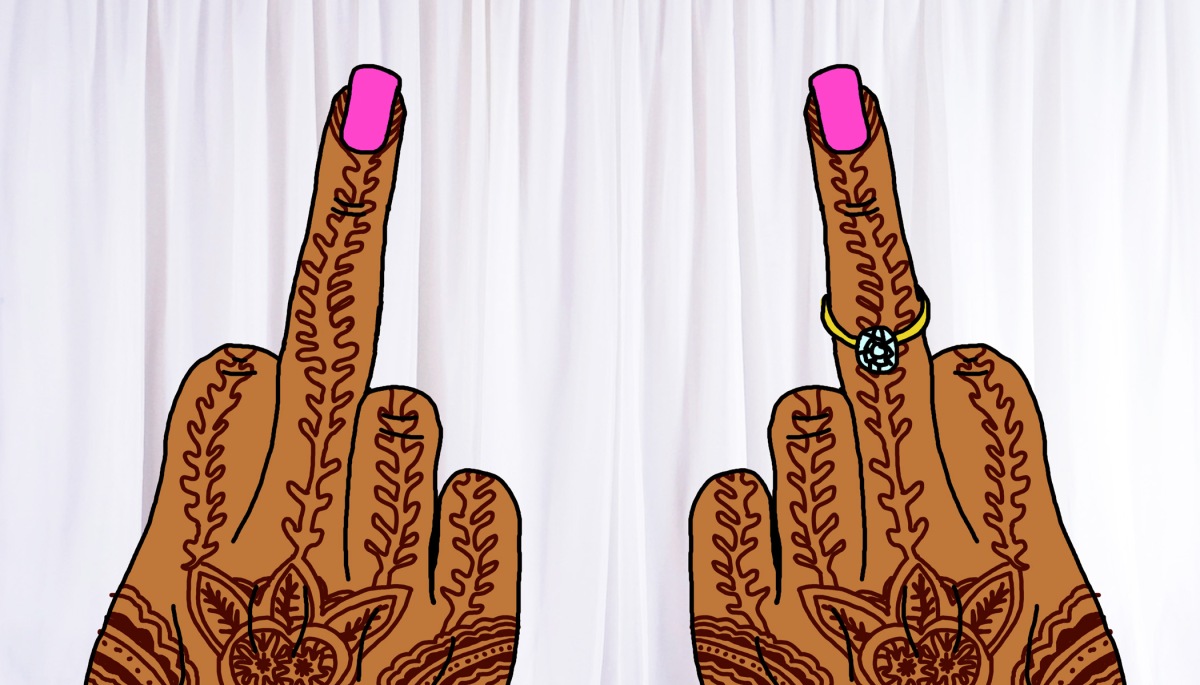While we humans have always looked to whatever forms of entertainment were available as escapism, smart devices have taken our ability to escape full circle, allowing us to participate in an alternate virtual space. I’m not talking about VR, I’m talking about group chats, work emails, status updates, and online dating. In science fiction, cyberspace is depicted as an infinite stream of 1s and 0s, zooming past each other against the inky black universe. We now reside in this mysterious void: “talking” to loved ones, “laughing” through emojis, “experiencing,” “being” “online”.
Even before the release of the first iPhone, it was clear that our actions in the virtual realm didn’t always mirror those outside of it. Psychologist John Suler describes this as “online disinhibition effect,” or more plainly put, why people act insane online. According to Suler, six factors comprise the phenomenon: dissociative anonymity, invisibility, asynchronicity, solipsistic introjection, dissociative imagination, and minimization of authority. Both violent trolling (toxic disinhibition) and surprising acts of kindness (benign disinhibition) can result from this volatile cocktail of factors, much like the varying results of any type of cocktail consumption. To extend the metaphor, some people will (usually drunkenly) tell you that it is our “true selves” that come out after a few drinks. Can the same be said for who we are online?
As people become comfortable living part of their lives online, we begin to normalize behavior that deviates further from what we might accept in real life, even from ourselves. We can do this because there is always someone a little bit nuttier than you posting too much about their marital issues or 25 consecutive identical selfies; the bar gets pushed further away from reality. Sure, you interrupted a meal to take a picture of your food and share it to an audience that includes your third grade teacher and your coworker from 11 years ago, but it’s not like you’re arguing with a bot on Twitter, right? Right??
Over the past two years, the actress Busy Philipps has emerged as an Instagram story darling by sharing mundane aspects of her life with her ravenous viewers (author included). Much has been written about her success with this endeavor versus as an actress, but what is missing from the discourse is how bizarre it is for her to have an endless, real-time, one-sided conversation with hundreds of thousands of strangers about her medical history, small children, and job. In fact, we don’t think it’s weird at all; she is simply an early adopter of a new social media platform. And lo and behold, the rest of us followed: Instagram reported last summer that over 250 million of its 500 million users posted stories every day.
Philipps’ brand is authenticity; we are to believe only the narrowest sliver exists between the woman we see on our screens and the one we could run into on the streets of L.A. But the thing about virtual space is that we can be whoever we want. We don’t have to enter until we’re perfectly groomed; so we can plan out exactly what we say in just the right amount of characters. The more time we spend as this version of ourselves–snarkier, funnier, prettier, smarter– the more comfortable we become, but the differences between the screen and the person behind it remain.
Millions of people looking for love– one out of four straight couples and two out of three gay couples now meet online–have to contend with these discrepancies, which are more complicated than just lying about your height on your dating profile. Articles are devoted to exactly how much time should be spent flirting online before meeting up; too much time means the other person is probably married, too little time means it’s just sex. What is implicit but unstated in these guides is that who we are online is fundamentally different, otherwise we’d never have to meet. When you do agree to get together the opportunity for virtual space is far from diminished. Maybe you answer some emails while you wait at the bar, rather than anxiously wondering if your date will recognize your unfiltered face. If it goes well, you might text your friends about it on the way home, and then dive into everything your date has posted publicly on social media.
While online dating presumes that at a certain point you get together and see where it goes in the real world, virtual space still finds its way into more established relationships. I might say goodbye to my husband in the morning before work but as soon as I step outside of our door, I can instantly connect with him at any point throughout the day. There’s no need to wait until we occupy the same physical space to share my thoughts with him. Imperceptibly but undeniably there is a difference between seeing one another at the end of the day and having been in constant communication. So too is there a difference between a disagreement online or in person; one of us might wait to bring up some annoyance at a careless remark made until we’re chatting online, putting space between our feelings and reactions. On more than one occasion I’ve found it easier to resolve a squabble online than in person, only to realize when we are back in the same room I’m not quite over it. On the other side of the coin, you only have to Google “online flirting cheating?” to see that for a lot of people, virtual space can get a little crowded.
In the Black Mirror episode “The Entire History of You,” the focus is a society wherein a growing population of people implant devices into their brains that record everything they see, allowing for total recall and playback of memories and the ability to jump into the virtual past at any moment. There are obvious benefits to the technology; we’re shown examples of improved homeland security and child safety. But slowly, the ways the “grain” impacts the protagonist become more sinister, from preoccupation with a lackluster job interview or obsessing over his wife’s interactions with another man at a party, to watching an old memory of himself having great sex while having boring sex. The most unsettling part comes after the TV is off, when you think about how close we are to realizing a similar future of full integration between ourselves and technology. Maybe it won’t be so bad. Maybe before we travel to the end of the virtual universe we’ll come up for some fresh air, blinking in the sun. Our kids might eschew the iPhone 22S for a rotary or a telegraph, rolling their eyes at the infinite photos their parents used to take of themselves, floating in the cloud.





